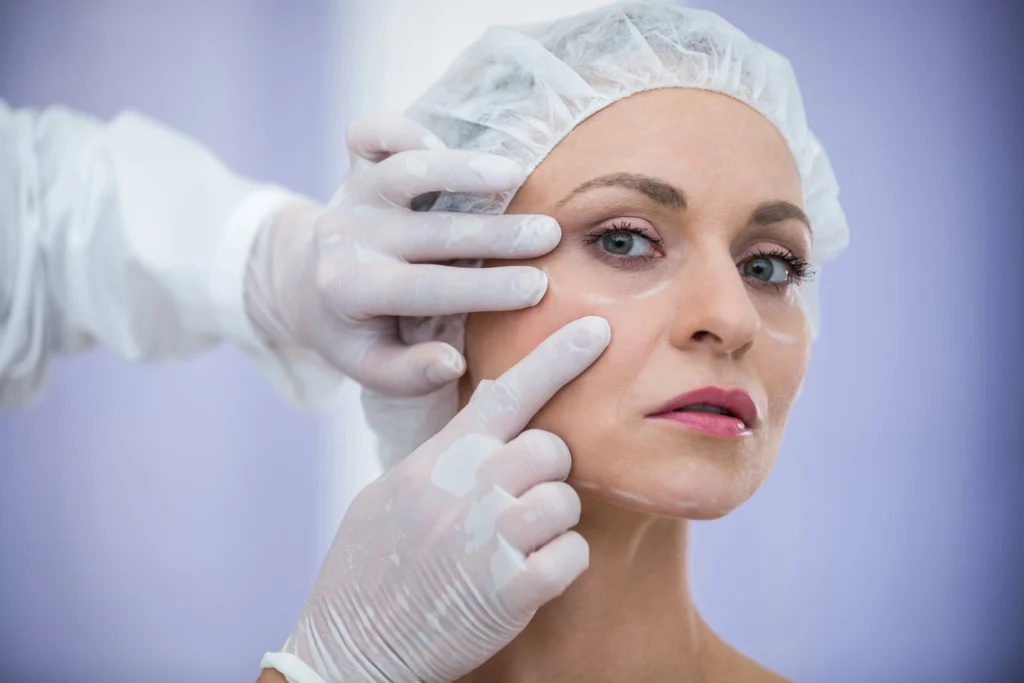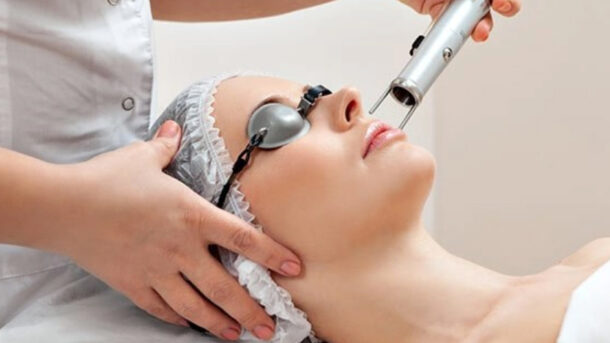
In the pursuit of refreshed skin, laser cosmetology has become a popular choice for many beauty enthusiasts due to its precision and efficiency. Whether for fading spots, tightening skin, or improving acne scars, laser technology demonstrates powerful restorative capabilities. However, beneath its “magical” surface lie hidden risks. Improper operation or inadequate care can not only fail to achieve the desired results but also lead to serious issues such as skin burns and pigmentation. Therefore, mastering the following key points before undergoing laser treatment is essential to ensure safety and effectiveness.
Pre-Treatment: Choose a Professional Institution and Communicate Thoroughly
Selecting a reputable medical aesthetic institution is the first safeguard for laser cosmetology. Certified facilities not only use laser equipment that meets national standards but also employ operators with professional qualifications and extensive experience. Prioritize institutions with a Medical Institution Practice Permit, and ensure the treating physician holds a Physician Qualification Certificate, Physician Practice Certificate, and Medical Aesthetics Specialist Certificate. Additionally, evaluate their professionalism by reviewing past cases, client testimonials, and inspecting the facility’s environment and equipment condition.
Open communication with your doctor is equally critical. Before the procedure, honestly disclose your health status, including chronic conditions like diabetes or hypertension, pregnancy/lactation status, and past allergies. Clearly articulate your cosmetic goals and expectations to help the doctor tailor a treatment plan based on your skin type and specific concerns. Notably, if you have recently been exposed to prolonged sunlight, used irritating skincare products, or have damaged/inflamed skin, inform your doctor in advance to minimize post-treatment risks.
During Treatment: Active Cooperation and Feedback
Upon entering the treatment room, follow the doctor’s instructions for pre-procedure preparation. This typically involves cleansing the face to remove dirt and makeup, after which a topical anesthetic cream may be applied to reduce discomfort. If you have questions about the anesthetic method or its efficacy, clarify them with the doctor immediately.
During the procedure, strictly follow the doctor’s guidance. Keep your head stable to avoid accidental movement that could misdirect the laser energy. Meanwhile, pay close attention to your physical sensations. If you experience unbearable pain, a burning sensation, or observe abnormal reactions such as rapid skin redness or blistering, notify the doctor immediately to adjust treatment parameters or halt the procedure.
Post-Treatment: Scientific Care and Patient Recovery
Post-treatment care directly impacts the final outcome and skin recovery. After the procedure, mild redness and pain are normal reactions. Doctors usually recommend cold compresses to relieve discomfort—follow their instructions regarding duration and frequency. Avoid applying unapproved skincare products or ointments independently, as this may cause infection or allergic reactions.
Strict sun protection is non-negotiable during recovery. Laser-treated skin is highly sensitive to UV rays, which can easily trigger pigmentation. When outdoors, wear a wide-brimmed hat, sunglasses, and use a sun umbrella. Apply a physical sunscreen with an SPF of 50+ and PA++++. Avoid outdoor activities between 10 AM and 4 PM, when UV rays are strongest.
Skin care should focus on gentle hydration. Opt for medical-grade skincare products with simple formulations, such as those containing ceramides or hyaluronic acid, to repair the skin barrier. Avoid strong cleansers, exfoliants, and products with irritating ingredients like alcohol or AHAs. In terms of diet, reduce intake of spicy, oily, and irritating foods; instead, consume more fresh fruits and vegetables rich in vitamins C and E to promote skin metabolism and repair.

Laser cosmetology is not a “once-and-done” shortcut to beauty but a procedure requiring scientific planning and careful care. Every step—from pre-treatment selection to in-procedure cooperation and post-treatment nursing—matters. Only by approaching it with the right attitude and methods can you safeguard skin health while achieving the desired cosmetic results, allowing your skin to radiate natural and healthy glow.



